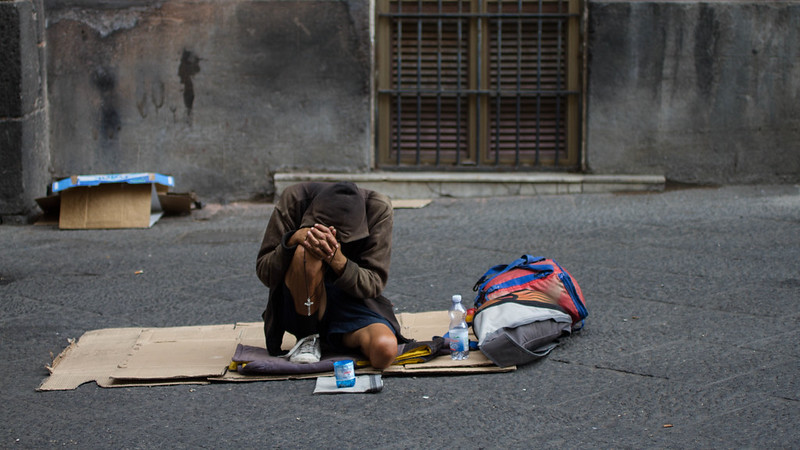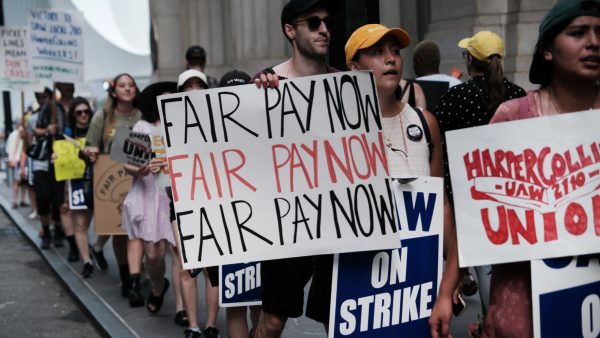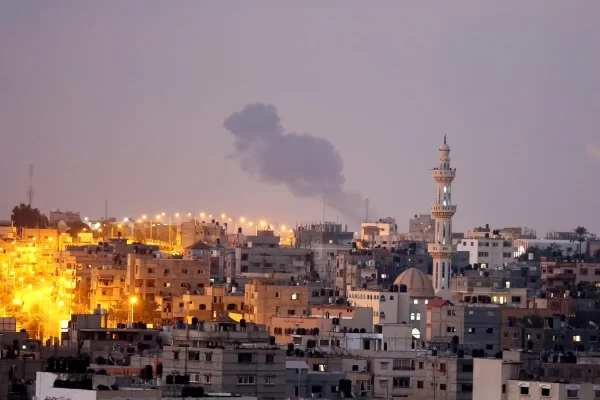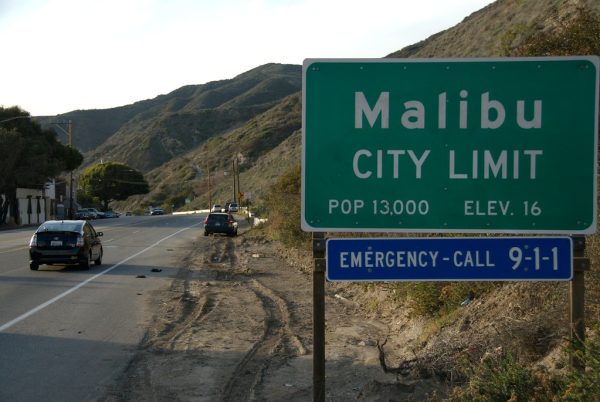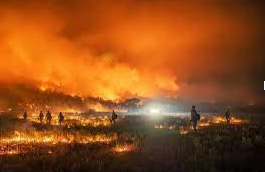COVID-19 and the Global Poverty Epidemic
March 17, 2021
Presently, an estimated 150 million people worldwide suffer from homelessness and as many as 1.6 billion lack requisite housing. Once an increasingly obscure global issue, the onset of COVID-19 threatens to unravel the consistent and significant progress made towards ending the global poverty epidemic. Projected data from the United Nations Department of Economic and Social Affairs (UN/DESA) estimates a mass increase in the homeless population, with nearly 34 million people being thrust into extreme poverty this year alone; in reality, the World Bank calculates that between 71 million and 100 million individuals will be pushed into a state of homelessness over the course of a year “erasing almost all progress made in the last five years in the fight against extreme poverty” (Slotman). The long-term impact of COVID-19 on the homeless population is clearly decimating. The inception of the pandemic is seriously threatening any effort made to lower the homelessness rate and support struggling populations. However, the continuation of assisting the homeless during the pandemic is still deemed an essential service, albeit an increasingly difficult one.
The term “homeless” does not retain an official, internationally recognized definition. Nevertheless, it is recognized that the term “homeless” addresses those that are seeking housing in homeless shelters or residing on the streets. Additionally, persons without a permanent residence that live day-to-day in a motel, in a vehicle, with family or friends, or in some other temporary location are dubbed “precariously housed” as they are not (by definition) homeless. Commonly, the method used to measure the homeless (including those who are precariously housed) involves “point-in-time” estimates of people sleeping in shelters or on the streets; registries from shelters and active counts during the night aid in determining the current amount of homeless present in an area, state, country, e.t.c. Currently, the country that retains the largest population of homeless is the Philippines, with nearly 3.1 million people residing in a state of extreme homelessness and one-fourth of the overall population residing in poverty.
Extreme poverty stems from a variety of factors; however, several underlying causes of homelessness seem especially prominent in the current crisis of COVID-19. Recently, plunging international economies have factored heavily in escalating poverty and heightening societal economic inequalities. Additionally, rates of unemployment, loss of income, and health care expenditures routinely propel people into poverty. Countries that retain a large informal sector run high risks of descending into a state of extreme poverty; in fact, according to the ILO (International Labour Organization) relative poverty among informal workers “increased in the first month of the crisis by 56 percentage points in lower-middle- and low-income countries, and by over 62 percent in Africa” (Slotman). Unfortunately, the long-lasting impact of COVID-19 on global poverty is expected to transcend throughout innumerable generations. The Brookings Institution projects that African and Asian countries will experience the greatest impact of any reversed recession on poverty, estimated homelessness rates of 2030 far exceeding the current rates of homelessness.
Although the rates of global poverty continue to rise at devastating strides, a unified response to global extreme poverty is being prioritized in order to revert rates of homelessness. According to the CDC, “COVID-19 transmission among people experiencing homelessness requires a “whole community” approach,” meaning that communities should focus on organizing coalitions dedicated to continuing homelessness services during the pandemic and providing medical treatment to those known to possess COVID-19. Protective housing and quarantine sites are recommended to provide for those who are residing in temporary shelters and those who live directly on the streets.

